In the Kochkor Museum, archival photographs of prosperous families who were deported to Ukraine during the repressions are kept.
As reported by Turmush correspondent, among the museum visitors were Asel Asanbekova and Kenzhe Erkinbek kyzy, who are engaged in researching historical facts. They donated photographs of families from the Kochkor district to the museum, who were deported in the 1930s to the settlements of Chalbasy (now Vinogradovo, Kherson region) and Khlebodarovka (Donetsk region) in Ukraine.
In the 1930s, more than 700 families, totaling over 3,500 people, were deported from Kyrgyzstan to Ukraine. Among them were many residents of the Kochkor district, who over time began to cultivate new lands in Ukrainian villages.
Asel Asanbekova noted that there is a chance that some museum visitors may recognize their ancestors in the photographs and provide additional information about them.
According to Shahida Seydalieva, a museum employee, a special corner has been created in the institution dedicated to those who went missing during the Great Patriotic War.
Additionally, photographs of Altynbubu Satylganova and her husband Zakir, as well as Gulzhamiliya Satylganova with her sister Razima, were donated to the museum — all of them were among those who were sent to Ukraine with their parents. There is also a photograph of the family of Kaliya Subanbek uulu and Aripzhan Kaliev, who, as a child, also experienced deportation.
The museum also holds photos taken in Chalbasy from 1930 to 1944.
According to historical data, in the 1930s, wealthy Kyrgyz families were sent to the Ukrainian settlements of Chalbasy and Khlebodarovka in freight cars. In 1932-1933, many of them faced famine, leading to a high number of casualties. These deported families also witnessed the occupation, enduring hard times alongside local residents. Not only Kyrgyz but also Uzbek, Kazakh, and Turkmen families were relocated to these regions, who soon began to cultivate new lands, contributing to the establishment of a school.
A boarding school for orphans left without parents as a result of the war was founded in Chalbasy. Victims of Stalin's repressions, who were dispossessed and sent to Ukraine, are buried in the local "Kyrgyz cemetery." Accurate information about the number of burials is lacking; according to researcher Amirbek Usmanov, more than 200 people are buried there. In 1944, the Kyrgyz families who had been deported began to return to their homeland.
Read also:
Unique archival photographs from the Great Patriotic War
In the Osh National Historical and Archaeological Museum Complex "Sulaiman-Too," archival...
Photo - A City with an Interesting "Highlight" in the Mountains of Kyrgyzstan
This year, Naryn is celebrating its 156th birthday. The correspondent of Turmush discovered...
In the Kochkor District, the 25th anniversary of the Batken events was celebrated
Recently, a commemorative evening was held in the Kochkor district, dedicated to the 25th...
In Jumgal, more than 100 exhibits from the 19th–20th centuries have been transferred to the district historical and ethnographic museum.
In the historical and ethnographic museum of the Jumgal district, there are now more than 100...

Memorial Museum "Ata-Beyit"
The memorial complex "Ata-Beyit" is a structural subdivision of the Bishkek city...
Feed of the Latest News in Education and Science
The correspondent of Turmush provides information about the development of the educational sector...
In the Jumgal District, the winner of the beauty contest "Song-Kul Queen" has been determined.
In the Naryn region, at the Soң-Köl cinema, a beauty contest for women called...
Archive Photos — The First Schools and Students of Issyk-Kul
The correspondent of Turmush shared interesting facts about the educational system of the Issyk-Kul...
In Ak-Suu, the memory of the heroes of the Batken events was honored
In the Issyk-Kul region, in the Ak-Suu district, an event was held dedicated to the anniversary of...
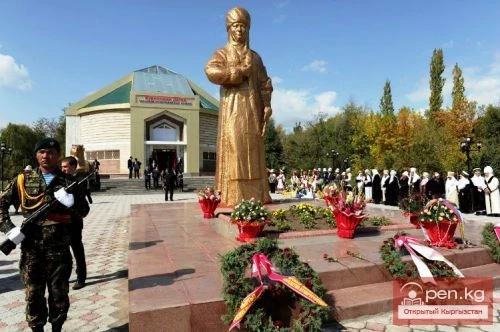
Alaï District Historical Museum named after Kurmanjan Datka
The museum houses exhibits that reflect the life of the entire Kyrgyz people, as well as personal...
Sports competitions among families took place in Karakol — winners announced
On November 5, the sports relay games "Best Friendly Sports Family" took place in...
"Archive Photo". A Flatbread Seller at the Bazaar in Frunze 97 Years Ago
As part of the joint project "It Was Recently, It Was Long Ago" with the Central State...
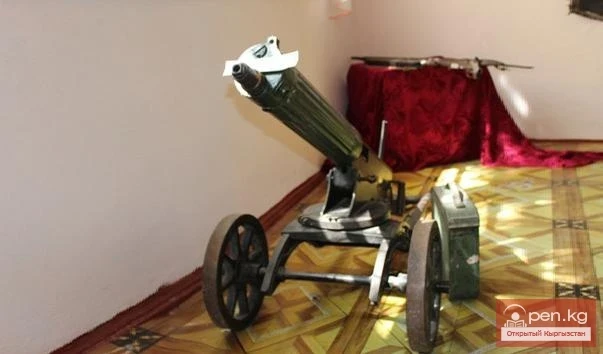
Jalal-Abad Historical and Local Lore Museum
The Jalal-Abad Historical and Local Lore Museum is located in the administrative center of the...
The court fined a Kyrgyz woman for spreading false information on social media.
Asel Tynchtykbek kyzy, a citizen of Kyrgyzstan, was convicted and fined 20,000 soms for spreading...
At the Museum of Fine Arts, a presentation-discussion titled "Presentation of the Tactile Space" will take place.
On November 7, a presentation-discussion dedicated to the museum's inclusive initiatives...
The story of the first secretary of the Kochkor district committee M. Taukin, who fell victim to Stalin's repressions and died in prison while awaiting the execution of his sentence.
Kochkor District, located in the northeast of Naryn Region, has its administrative center in the...
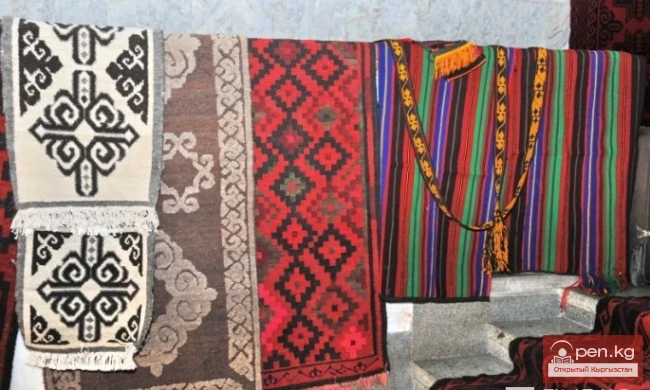
The Spread of Kyrgyz Pile Weaving
Pile weaving has long been known to the Kyrgyz living in the territory of the modern Osh region,...
New Archaeological Sites in Uzgen Placed Under State Protection
Changes to the resolution on the establishment of the State Historical and Cultural Museum-Reserve...
Another museum was robbed in France
The museum "House of Enlightenment Denis Diderot," located in Langres in the northwest of...
Staff Captain Arrived at Issyk-Kul and Established the First Horse Breeding Farm in Central Asia. Archive Photographs
In Karakol, on Masaliev Street, formerly known as Fuchik, there is a racetrack covering 44...
In Batken Region, police officers were provided with service vehicles
On November 3, new service vehicles were delivered to the Batken region, which were transferred by...
Delegates Elected for the IV People's Kurultai in the Ormon-Khan Aiyl Aimak of the Kochkor District
In the Kochkor district of the Naryn region, in the Ormon-Khan rural area, a meeting was held to...
"‘I waited for my brother all my life...’: The first chairman of the Kochkor village council, Ybrai Konoev, was sentenced to death and exonerated 20 years later"
Political repression during the Soviet period affected millions of people, yet the exact figures...
At-Bashy Celebrates 100th Anniversary of Musician Joloman Choroев with Archival Photographs
At the House of Culture named after S. Andabekov, located in the At-Bashy district of the Naryn...
The discovery of ancient monuments on the Shut pasture in Kara-Suu has revived the scientific community
A recent expedition consisting of geologists, ecologists, historians, and archaeologists visited...
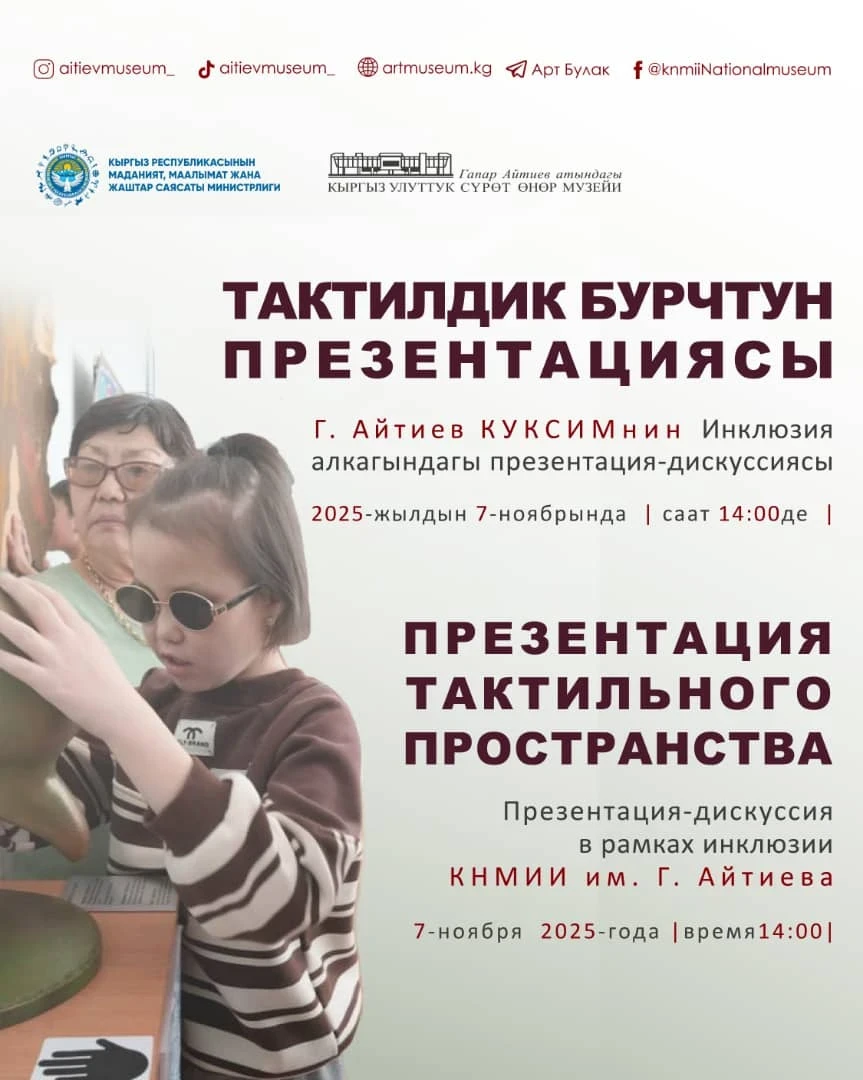
A presentation of a tactile space for the visually impaired will take place in Bishkek.
On November 7 at 14:00, a presentation of a tactile space will take place at the Kyrgyz National...
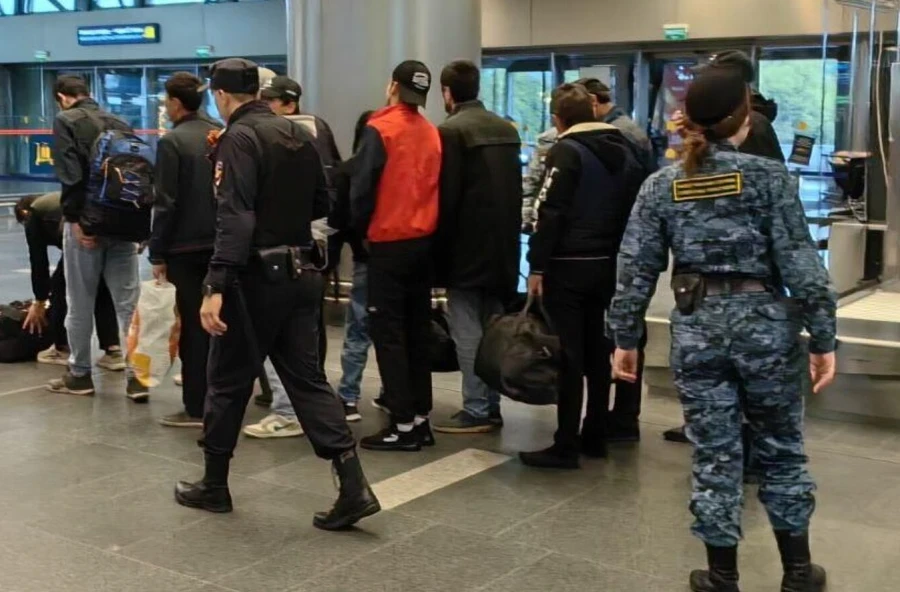
10 natives of Central Asia stripped of Russian citizenship for national security threats
Ten people deported from Russia...
In the Batken region, women police officers were honored, including the only female colonel.
In the Batken region, among women police officers, Albina Asanalieva stands out as the only woman...
In the Ak-Talinsky District, low-income families received coal for the winter
In the Naryn region, in the Ak-Tal district, the distribution of coal has begun for families in...
In the Kochkor District, the creation of a safe environment for a happy childhood was discussed
A seminar-workshop dedicated to the topic "Safe Environment - Happy Childhood" took place...
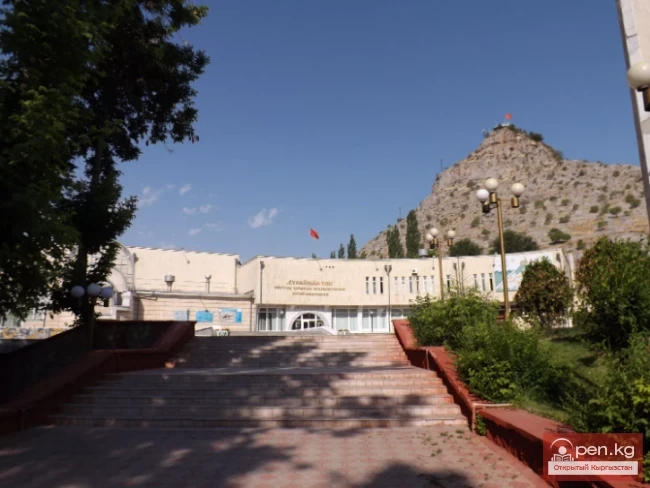
Museum-Reserve in the City of Osh
Museum-Reserve The museum-reserve was established in 1949 with the creation of the Osh Regional...
In Jumgal, the 101st anniversary of the Kyrgyz police was celebrated
In the Naryn region, in the Jumgal district, a ceremonial event was held in honor of the...
A Job Fair for the Unemployed Took Place in the Alai District
In the Alay district, a job fair was held aimed at helping unemployed citizens find work, reports...
In the Frunze House Museum, an exhibition titled "The Image of M.V. Frunze in the Art of Palekh" is taking place.
On November 4, the Memorial House-Museum of M.V. Frunze hosted the opening of an exhibition titled...
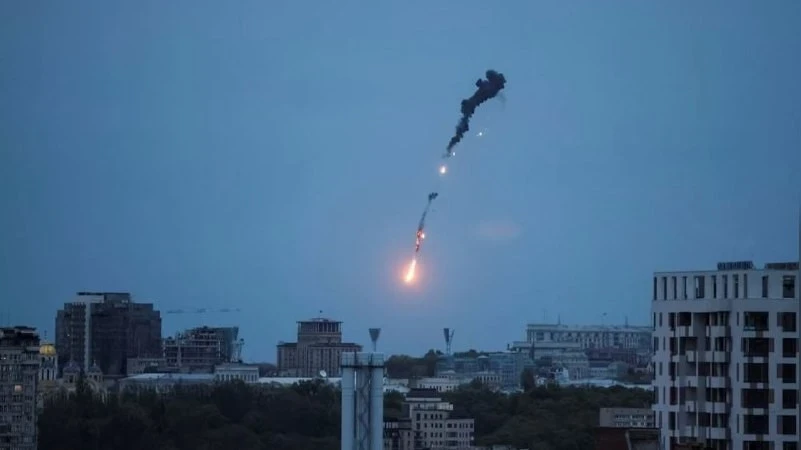
On the night of Monday, Russia attacked Ukraine with 138 drones, as well as ballistic missiles, - Armed Forces of Ukraine
Illustrative image According to estimates by Ukrainian military forces, air defense was able to...
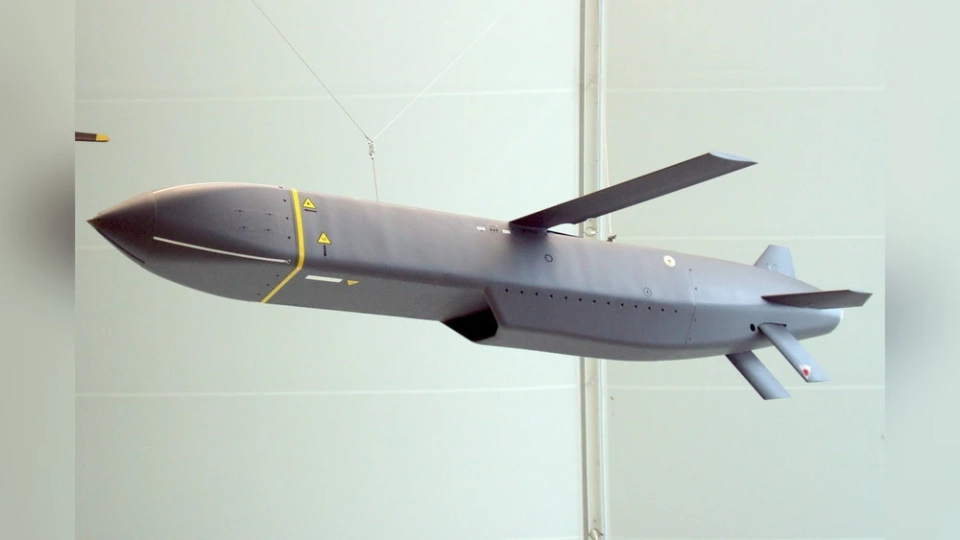
Bloomberg: The United Kingdom recently delivered Storm Shadow missiles to Ukraine
Illustrative photo Although the exact number of missiles received by Kyiv is not disclosed, the...
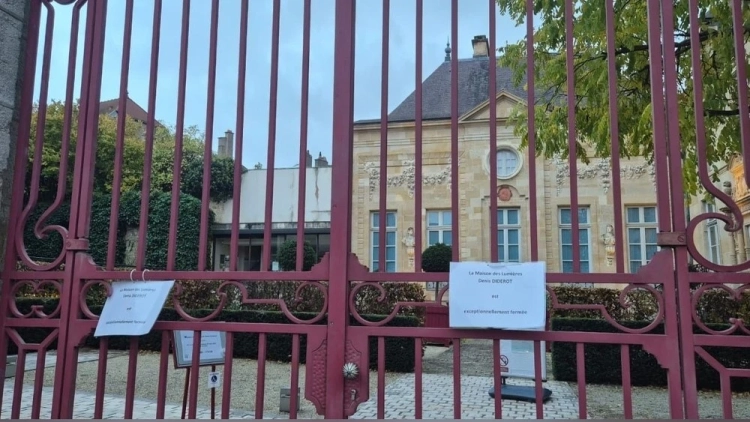
Another museum in France was robbed just hours after the theft at the Louvre
According to the radio station, the incident occurred on the night of October 20. On Monday...

Naryn Regional Museum of Local History and Culture
The Naryn Historical and Local Lore Museum is located in the city of Naryn, on Razzakov Street....
A Recreation Park Opened in Tyup
In the village of Issyk-Kul, located in the rural district of Issyk-Kul in the Tyup region, the...
NBKR approved appointments at "Mbank" and "FINKA Bank"
- The National Bank of Kyrgyzstan approved new appointments at OJSC "Mbank" and CJSC...
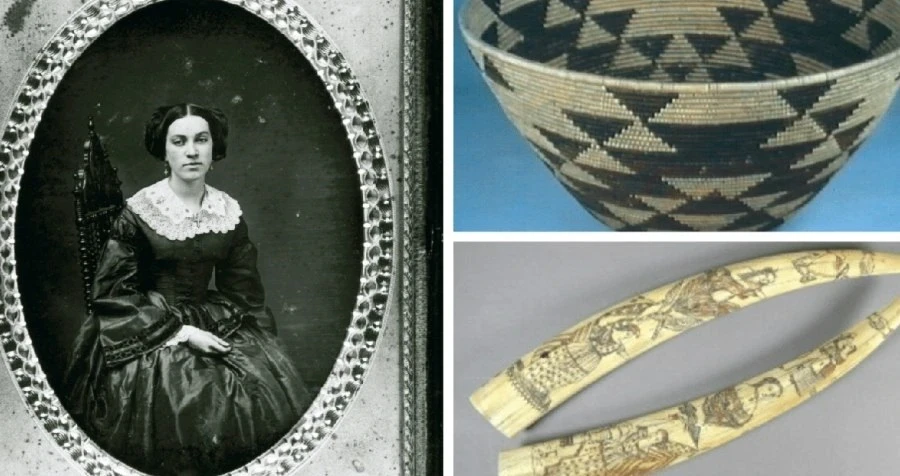
More than a thousand exhibits stolen from a museum in California
In Oakland, California, a large-scale robbery occurred — more than a thousand various exhibits...
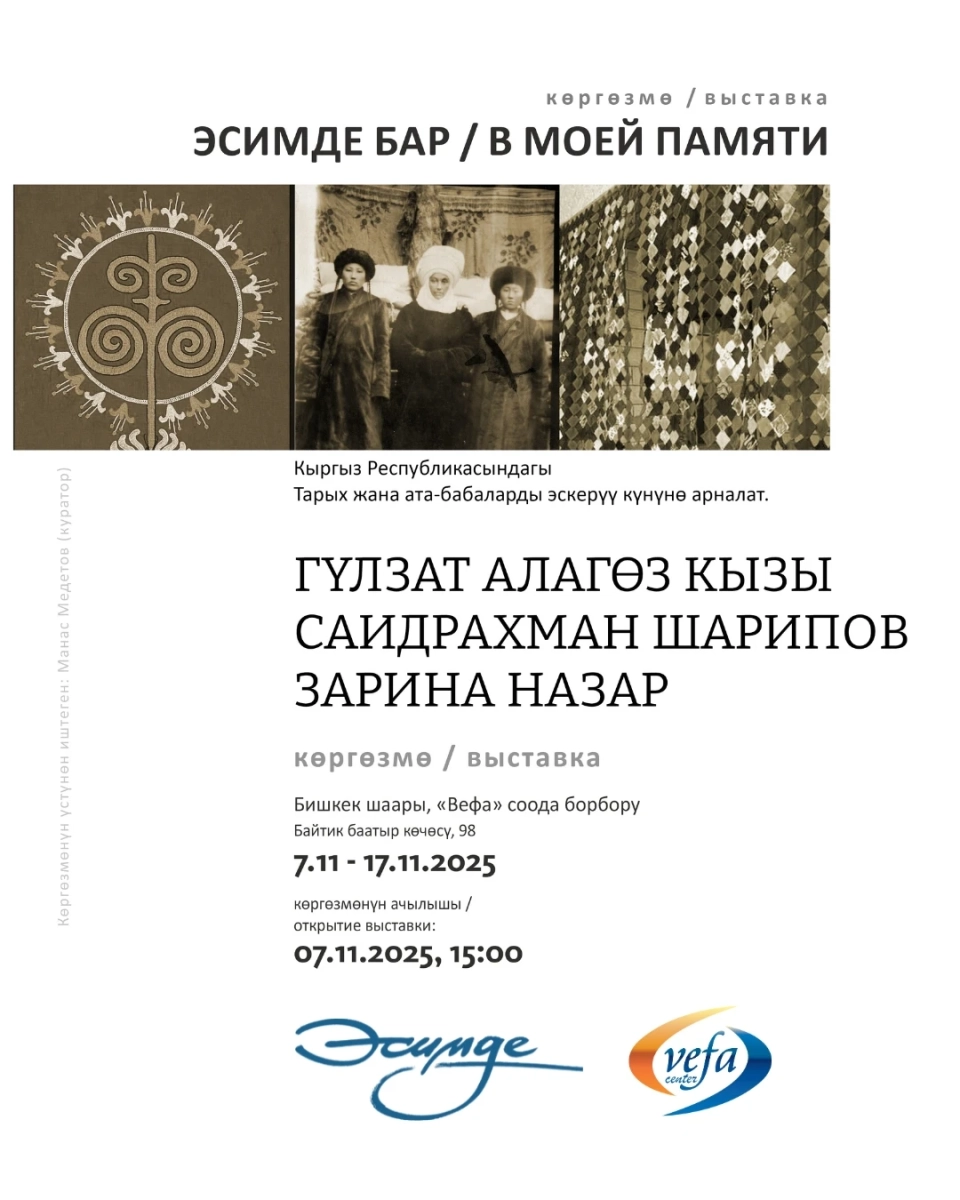
An exhibition dedicated to Ancestors' Day "Esimde Bar" will open in Bishkek
On November 7, an exhibition titled "Esimde bar/In My Memory" will open in Bishkek,...
In Naryn, the best volleyball and football players among cultural workers were determined
A volleyball and football tournament dedicated to Culture Workers' Day, celebrated on November...

Population of Kyrgyzstan as of January 1, 2013
Population of Kyrgyzstan Thanks to the fundamental changes that occurred in Kyrgyzstan after the...